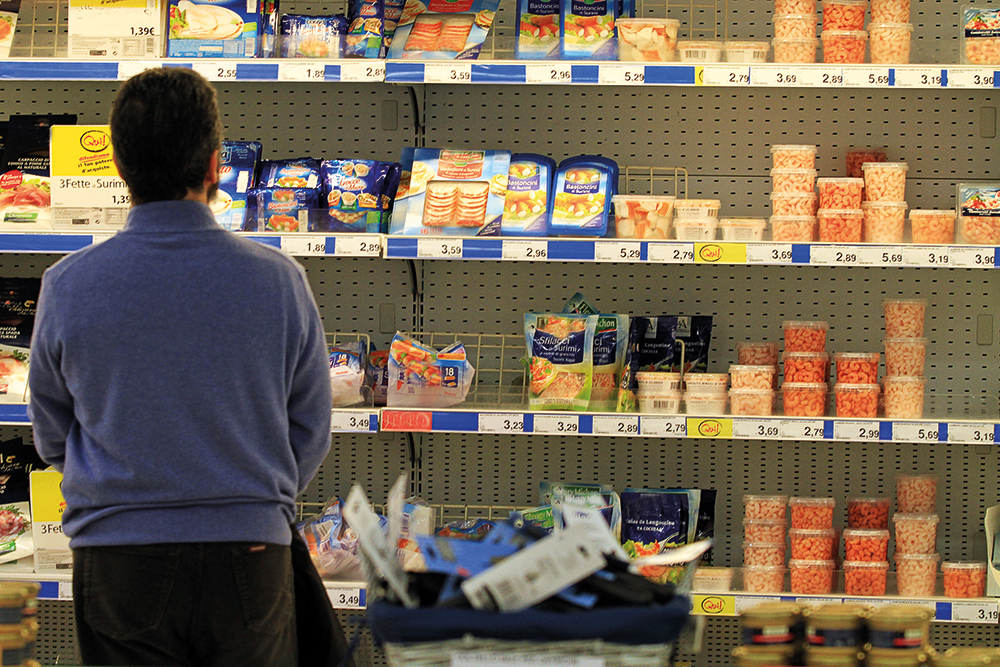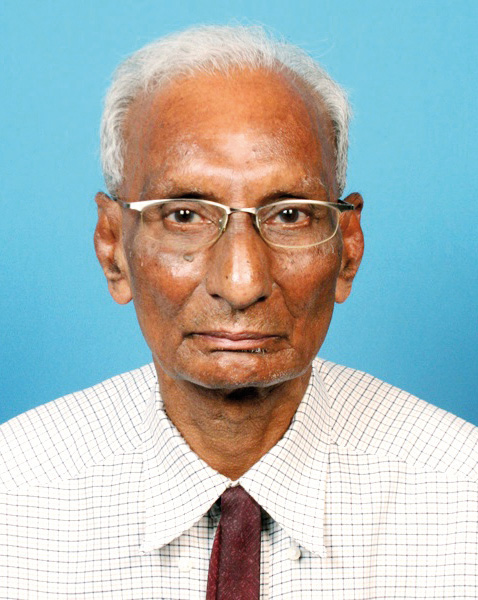WORKSHOP 10: VOLUNTARY GUIDELINES ON THE RESPONSIBLE GOVERNANCE OF TENURE OF LAND, FISHERIES AND FORESTS IN THE CONTEXT OF NATIONAL FOOD SECURITY (VGs): WHAT CONCRETE IMPLEMENTATION ON THE GROUND?
The voluntary guidelines do not create an absolute obligation. They are a basic tool that can be used to bring about changes in governance policies and practices associated with the tenure regimes applicable to land, fisheries and forests. The recommendations they contain are highly legitimate insofar as they were signed in late 2012 by the member states of the Committee on World Food Security (CFS) following a drafting process that placed significant emphasis on the views of civil society around the world.











